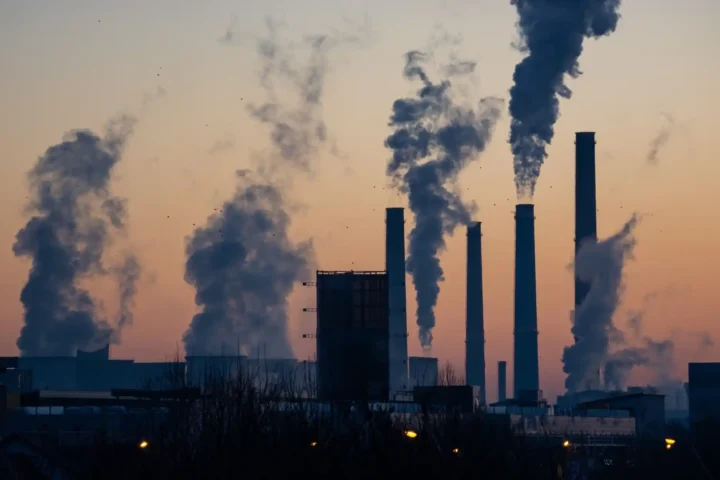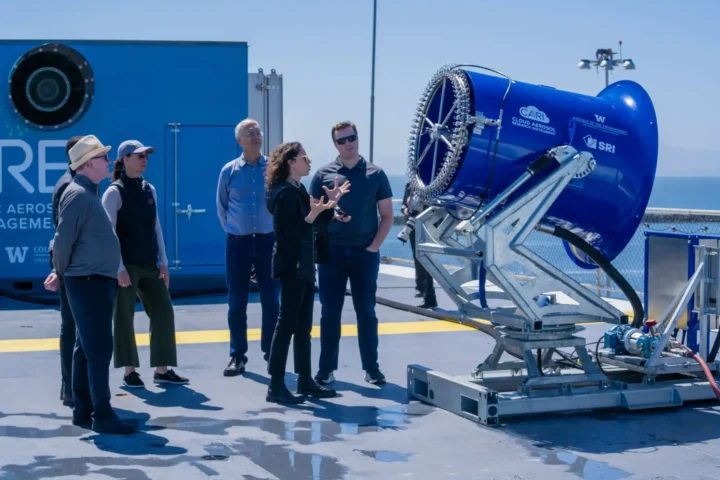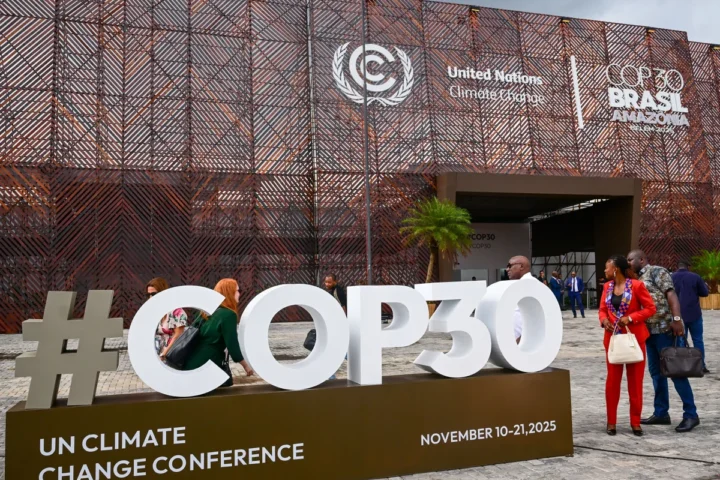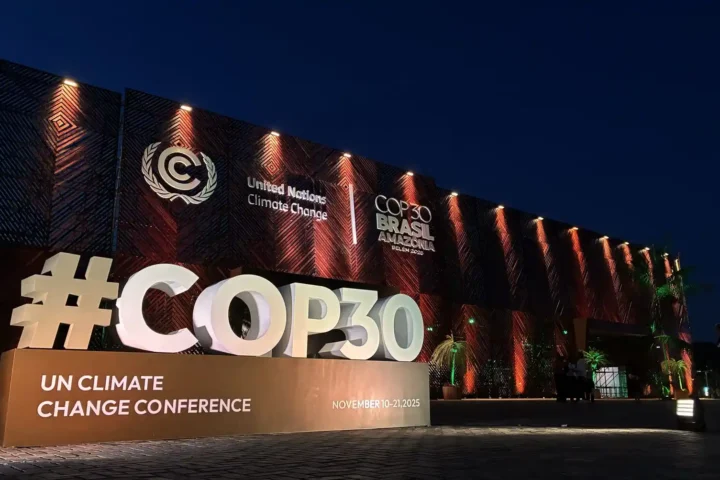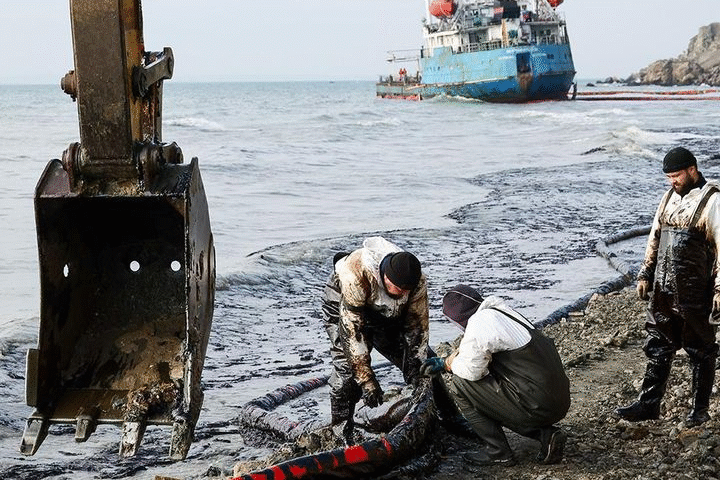Picture this: You’re pedaling through the vibrant streets of Copenhagen, weaving past cyclists on dedicated bike lanes and pedestrians strolling along Strøget, the city’s bustling car-free main street. The crisp air carries a hint of salty sea breeze from the nearby harbor. But today, your ride isn’t just about soaking in the city’s charm—it’s your ticket to a free coffee at a canal-side café. This isn’t a dream; it’s the reality of CopenPay, Copenhagen’s groundbreaking ecotourism initiative that’s turning climate-conscious actions into currency.
In a world where climate anxiety often feels paralyzing, Copenhagen has flipped the script. Through CopenPay, tourists can swap environmental good deeds—like collecting litter or opting for public transportation—for perks ranging from kayak rentals to vegetarian lunches. This summer’s pilot program, running from July 15 to August 11, transformed sustainability into a city-wide scavenger hunt with tangible rewards. And the city’s green ingenuity didn’t stop there: at CopenHill, a power plant crowned with a synthetic ski slope, extra skiing time awaited those who arrived by public transport, seamlessly blending eco-consciousness with adrenaline-fueled fun.
The success of CopenPay hinges on a simple yet profound principle: accountability. By incentivizing sustainable choices, Copenhagen not only reduces its environmental footprint but also cultivates a culture where climate-friendly behavior is second nature. It’s a model that cities worldwide should be watching closely—because if a single bike ride can get you a free coffee, imagine the possibilities when entire communities embrace this mindset.
Of course, the impact of CopenPay extends beyond free lattes and extra skiing time. As a microcosm of Copenhagen’s broader sustainability agenda, it reflects the city’s ambitious CPH2025 Climate Plan, which aims to make Copenhagen the world’s first carbon-neutral capital. With 37% of daily commutes already made by bike and over 98% of buildings connected to centralized heating, Copenhagen is well on its way. But city officials know that success hinges not just on infrastructure, but on engaging both residents and visitors in the green transition.
And engage they have. Tourists participating in CopenPay didn’t just earn freebies—they became part of Copenhagen’s environmental narrative. Collecting trash from the harbor before paddling off in a free kayak fosters a sense of stewardship for the city’s waterways. Volunteering in an urban garden before enjoying a vegetarian lunch fosters a deeper appreciation for sustainable agriculture. These experiences forge a connection between individuals and the environment, transforming abstract climate concerns into personal, actionable commitments.
But CopenPay’s influence doesn’t stop at Copenhagen’s city limits. Its success has inspired similar programs globally, from Hawaii’s Malama initiative to Canada’s Red Bag Program. This ripple effect underscores the program’s broader significance: Copenhagen isn’t just leading by example—it’s exporting a mindset. And it’s doing so with the backing of Denmark’s climate diplomacy strategy, which has positioned the nation as a global advocate for aggressive climate action.
In a world where Denmark’s emissions account for just 0.1% of the global total, some might question the broader impact of its green initiatives. But Denmark’s true power lies in its ability to punch above its weight on the world stage. By integrating climate targets into foreign policy and establishing 18 Green Frontline Missions across the globe, Denmark is leveraging its environmental leadership to shape international discourse. The country’s commitment to providing $500 million annually in climate grants—equivalent to $71 billion if scaled to the U.S. economy—further solidifies its role as a catalyst for global change.
As CopenPay prepares to return in 2025, the world will be watching. Will the program’s second iteration prove that green tourism can be both economically viable and environmentally impactful? If Copenhagen’s track record is any indication, the answer is a resounding yes. Because in this city, sustainability isn’t a sacrifice—it’s a way of life. And with CopenPay leading the charge, the future of travel looks not just greener, but more rewarding, too.
So the next time you find yourself in Copenhagen, don’t just visit—participate. Pedal a bike, collect some trash, or plant a seed in an urban garden. Because in the city that’s redefining urban travel, the smallest acts of sustainability can unlock the biggest adventures. And who knows? That free coffee might just be the first sip of a more sustainable future.




